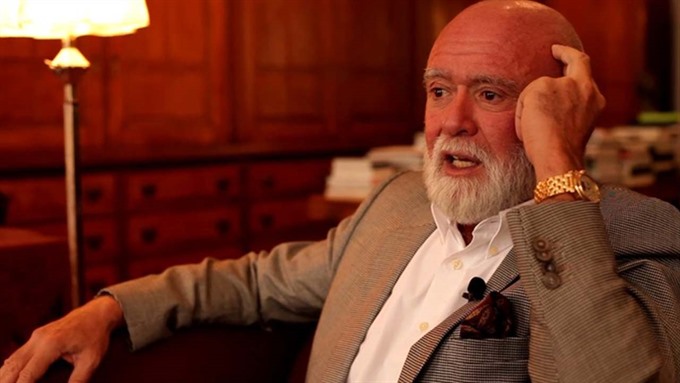 Life & Style
Life & Style

Cuban-American multimillionaire Roberto Polo will loan his collection of 7,000 contemporary paintings, sculptures and photos to Spain for 15 years, the country’s biggest cultural deal in over 20 years, officials said on Tuesday.
 |
| Cuban-American multimillionaire Roberto Polo will loan his collection of 7,000 contemporary paintings, sculptures and photos to Spain for 15 years. — AFP/VNA Photo |
TOLEDO, Spain — Cuban-American multimillionaire Roberto Polo will loan his collection of 7,000 contemporary paintings, sculptures and photos to Spain for 15 years, the country’s biggest cultural deal in over 20 years, officials said on Tuesday.
The collection, which includes works by German artist Max Ernst and US sculptor Martin Kline, will be shown at museums in Toledo and Cuenca in central Spain, the president of the regional government of Castilla-La Mancha, Emiliano Garcia-Page, told a news conference in Toledo.
After 15 years the loan period may be extended or the works may be donated to Spain, he added.
Garcia-Page said this was "the most important cultural operation for the country" since the Spanish government in 1993 agreed to buy the prized art collection of the Swiss industrialist Baron Hans Heinrich Thyssen-Bornemisza.
Officials did not give an estimate for the value of the works which will be loaned but top-selling daily newspaper El Pais said the collection is insured for US$50 million (44 million euros).
"I have always loaned works, and in the end if they have been well taken care of, valued and respected, I have always ended up donating them, but I first want to have proof that they are valued and respected as they should," said Polo, who lives in Brussels where he owns an art gallery that bears his name.
"I am going to turn 66 in August and in 15 years I will not have many more years left," he added.
Polo, whose parents moved to Miami from Cuba after the Castro regime seized their assets in 1961, said he wanted to die "with empty hands" and without taking "anything to the grave".
The regional government of Catilla-La Mancha will refurbish the Santa Fe museum in Toledo, and a public records archive in Cuenca, to display the works but Polo will receive no money for the loan of the works, Garcia-Page said.
The works will start to be displayed in Toledo from the middle of 2018, and in Cuenca shortly after, a spokesman for the regional government said. — AFP




